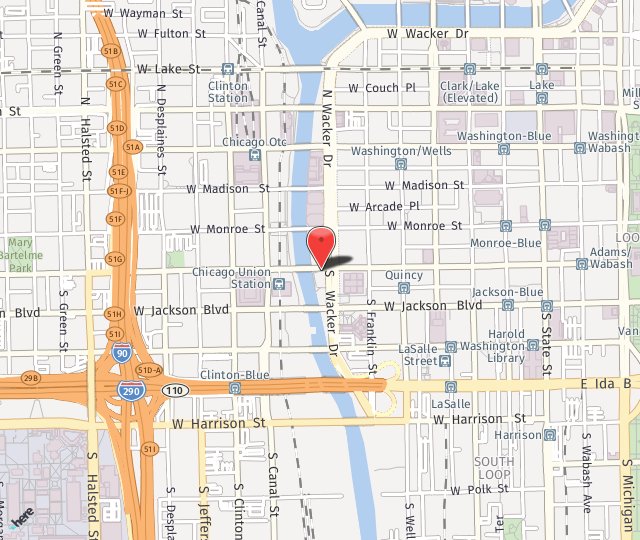As an employee, it is important that you know your rights in regard to compensation. Your employer has legal obligations to pay you fairly for your time worked. Unfortunately, some employers do not adhere to regulations and will try to find ways to keep your hard-earned income.
If your employer is guilty of any of the following forms of wage theft, the attorneys at Markoff Leinberger may be able to help you recover what you are owed. We can also serve as your advocate if your employer takes illegal actions when you attempt to retrieve your money.
Unpaid Overtime
The Fair Labor Standards Act (FLSA) and Illinois Wage Payment and Collection Act entitle non-exempt employees to overtime wages of 1.5 times their normal wage if more than 40 hours are worked in a given week. Common ways employers exploit their workers by denying overtime are:
- Failing to acknowledge overtime hours – If an employer demands that you work beyond the standard 40 hours of work per week, but does not log the extra time as overtime, that is an FLSA violation.
- Not paying time and a half – You are owed time and a half wages for overtime hours worked. Even if you are paid your normal wage for the extra hours, your employer is in violation of the FLSA.
- Dividing work hours between multiple locations – To get around paying overtime, some employers will employ workers at multiple locations, so that overtime hours do not accrue at a particular location. For example, if an employer has an employee work 25 hours at one location under one location’s payroll and 25 hours at another location under that location’s payroll, no overtime hours are logged at either location, despite the fact that the employee has worked 50 hours for the company that week.
Logging Time Improperly
It is not legal for an employer to change your clock-in or clock-out time. If you clock in at 8:56, for instance, your employer cannot round that to 9:00. Three or four minutes doesn’t seem like much, but if it’s happening twice a day, every day, it adds up to significant time you are working without pay.
Another way time is improperly logged occurs when employers automatically record breaks, whether you take them or not. For instance, if you are told to work through a break because a shipment arrived late and you have to meet a deadline, your employer cannot clock you out for the break. However, this does occur and is a form of wage theft.
Unauthorized Deductions
Social security and tax deductions from your paycheck are legal. Any deductions beyond that must be authorized by you in writing in order for your employer to be able to take money from your paycheck. If your employer deducts money from your paycheck that you did not authorize in writing, the lawyers at Markoff Leinberger may be able to help you get it back.
Vacation Pay Violation
When your employment ends, your employer must pay you for your unused vacation time. This applies regardless of whether you quit or are let go.
Tampering with Tip Pools
Employers, supervisors, and non-tipped employees are not entitled to a share of a tip pool. Tip pools cannot be divided among ineligible employees legally. Additionally, if you are a server and do not make minimum wage with the addition of tips, your employer must pay the difference.
Misclassifying Employees
To avoid paying overtime, benefits, or workers’ compensation, some employers will hire workers as independent contractors rather than as employees. Potential indicators that you should be classified as an employee rather than an independent contractor are:
- Your employer makes your schedule
- Your employer restricts you from working for other companies
- Your employer determines how and where you perform your job duties
Call Us for a Free Wage Theft Consultation in Chicago
If these violations pertain to you, or if you suspect your wages are being reduced illegally in another way, contact the attorneys at Markoff Leinberger at 312-726-4162. We will confidentially review your case at no cost, with no obligation to you. We serve clients in the Chicago, Illinois area and throughout the nation.

